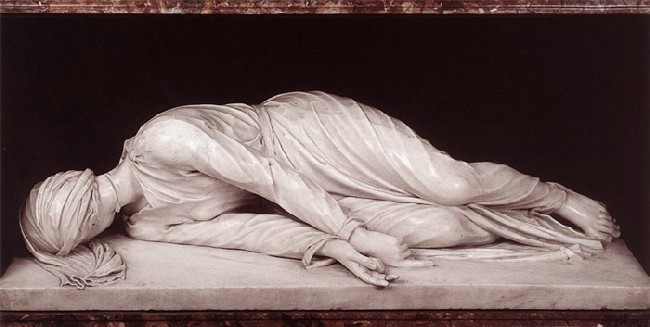All of the following is from Vatican Information Service (VIS):
MONASTERIES: PLACES OF SPIRITUAL POWER
VATICAN CITY, SEP 9, 2007 (VIS) - Shortly after 4.30 p.m. today, the Holy Father arrived by car at the abbey of Heiligenkreuz, 30 kilometers from Vienna. It is the largest Cistercian monastery in Europe and the oldest in the world to have remained open uninterruptedly since its foundation, in 1135.
The name Heiligenkreuz (Holy Cross) is due to a relic of the True Cross which was donated to the monastery in 1188 by duke Leopold V and which is still venerated there. Under the Nazis, the monastery was almost completely expropriated and many of the monks were imprisoned, Following World War Two, the abbot Karl Braunstofer reformed the liturgy in accordance with Vatican Council II and created a Latin breviary in which particular importance was given to the Gregorian Chant.
In the abbey is the Pontifical Theological Faculty, founded in 1802 as a teaching center for philosophy and theology. It currently has more than 100 students.
On his arrival, Benedict XVI paused in prayer before the relic of the True Cross in the abbey church together with the monks, teachers and students. Then, after a greeting from the abbot Fr. Gregor Henckel Donnersmack, he delivered a talk to those present.
"The core of monasticism is worship," said the Pope. "But since monks are people of flesh and blood on this earth, St. Benedict added to the central command: 'pray,' a second command: 'work.' ... Thus in every age monks, setting out with their gaze upon God, have made the earth life-giving and lovely. Their protection and renewal of creation derived precisely from their looking to God."
"Your primary service to this world must therefore be your prayer and the celebration of the Divine Office. The interior disposition of each priest, and of each consecrated person, must be that of 'putting nothing before the Divine Office.' The beauty of this inner attitude will find expression in the beauty of the liturgy," of which "the determining factor must always be our looking to God."
"Whenever in our thinking we are only concerned about making the liturgy attractive, interesting and beautiful, the battle is already lost," said the Pope. "In the light of this, I ask you to celebrate the sacred liturgy with your gaze fixed on God within the communion of saints, the living Church of every time and place, so that it will truly be an expression of the sublime beauty of the God Who has called men and women to be His friends."
The Holy Father then quoted a traditional pun which defines Osterreich (Austria) as Klosterreich (a realm of monasteries), and he called on the faithful to consider the abbeys and monasteries not as "mere strongholds of culture and tradition, or even simple business enterprises. Structure, organization and finances are necessary in the Church too, but they are not what is essential. A monastery is above all this: a place of spiritual power."
The Holy Father had words of praise for the Pontifical Theological Faculty, which is 205 years old and which the current abbot has named after Benedict XVI. It is important, he said, "that there should be academic institutions like your own, where there can be a deeper interplay between scientific theology and real spirituality."
Christian theology "is never a purely human discourse about God, but always, and inseparably, the 'Logos' and 'logic' of God's self-revelation."
In this context, the Pope recalled how St. Bernard, the father of the Cistercian Order, "fought against the detachment of an objectivizing rationality from the main current of ecclesial spirituality." Today, the Holy Father added, "in its desire to be recognized as a rigorously scientific discipline in the modern sense, theology can lose the life-breath given by faith" and "end up as an array of more or less loosely connected disciplines."
Turning to consider the question of vocations, the Pope pointed out that if they are "to be sustained faithfully over a lifetime, there is a need for a formation capable of integrating ... the entire personality.
Neglect of the intellectual dimension can give rise all too easily to a kind of superficial piety nourished mostly by emotions and sentiments, which cannot be sustained over a lifetime.
Neglect of the spiritual dimension, in turn, can create a rarified rationalism which, in its coldness and detachment, can never bring about an enthusiastic self-surrender to God."
After visiting the abbey museum, Benedict XVI returned to Vienna for his meeting with volunteer associations in the city's "Wiener Konzerthaus."
PV-AUSTRIA/RELIGIOUS/HEILIGENKREUZ VIS
070910 (750)
Thursday, May 1, 2008
MONASTERIES: PLACES OF SPIRITUAL POWER - VIS
Subscribe to:
Post Comments (Atom)







No comments:
Post a Comment